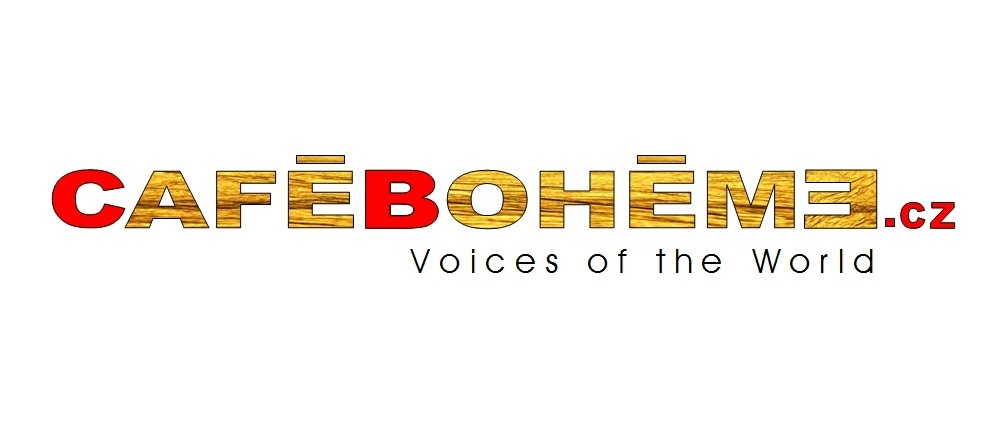
For those like me who have many friends working in the school sector, they have certainly heard more and more about competence-based education.
The term “competence” means a synthesis between knowledge – in a narrow sense – and abilities. To put it another way, between “know” and “know-how”.
Already for Western Philosophy, knowledge was never an end in itself but was always aimed at acting as a citizen of a polis, and therefore as a conscious and responsible individual.
In this perspective, the competences-based education, rather than something new coming from a “practical” Anglo-Saxon mentality, could be considered as a recovery of the Greek-Latin tradition. A way, duly “updated”, to become citizens of the polis, where the boundaries of the polis have now expanded, to include the whole world.
Even though this connection between know, know-how and finally know how to be is extremely important to find our own balance, as human beings we find it difficult to recognize our abilities as such.
Is there anything that you know how to do well? I happened to ask this question, sometimes, during a job interview while I was working as recruiter or more often, chatting with friends looking for advices for the future.
A very simple question that people apparently struggle to respond. Perhaps because they are afraid of sounding vain or maybe they never asked themselves such a question. Yet I am convinced that having an idea of what you know how to do well is important, even as an irrelevant thing because it is not obvious others can do it.
Knowing that you are good at doing something helps you to accept the fact that you are not good at doing many others but most importantly, it tells you what other similar things you might be able to do well. Finally, it helps you to understand if, among the things you like to do, there is something that you also know how to do well.
I did this exercise few years ago and what helped me a lot to define my future career path is to realize that what I can do well it does not necessarily coincide with what I like to do. For example: drawing or cooking will remain a pleasant hobby, and nothing else. Resolving problems is something I can ask money for. Insisting on things we like to do without being good at and becoming good at doing something that we hate can be risky because in both cases we can find ourselves trapped.
Even if the entrepreneurial logic, based on scarcity competition (and consequently on frustration and resentment) seems to bring a different perception of things, out there is plenty of opportunities, just learn how to look for them and pick it up the right one for you. Maybe here.
So back to the point: is there anything – anything at all – that you can do well?
Pasqualina Aliperta, HR Manager




